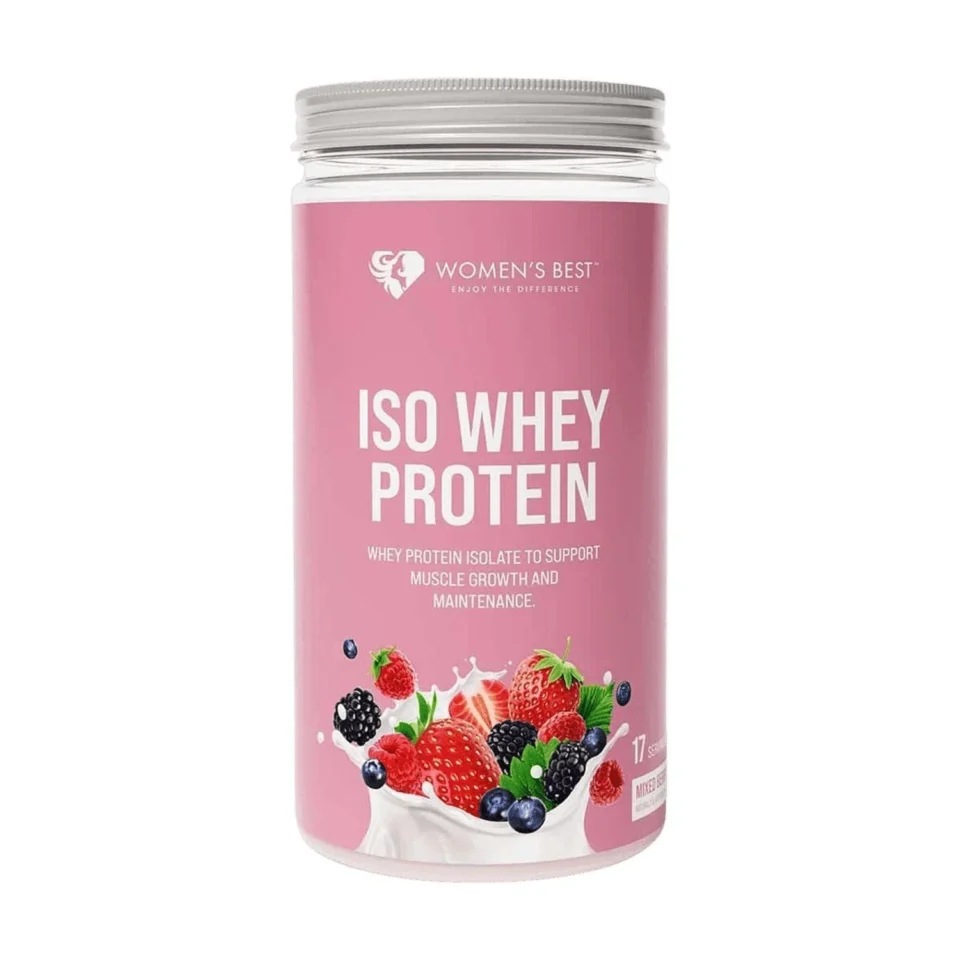When it comes to fueling your body, choosing the right protein can make all the difference.
In this post, I’ll explore the “best protein for women, covering everything from whole-food options to supplements, and explain why these choices are so important for health, energy, and strength.
Table of Contents
“Best Protein for Women” #1. Whole-Food Protein Powerhouses
A balanced diet rich in various protein sources supports overall health, muscle maintenance, hormones, and aging:
- Animal-based proteins such as lean meats, poultry, fish, eggs, and dairy are high-quality, easily digested, and provide essential nutrients like iron, zinc, choline, calcium, and omega-3s.
- Plant-based proteins—like legumes, nuts, seeds, whole soy products (tofu, tempeh, edamame)—bring fiber, unsaturated fats, B vitamins, and folate, supporting heart health and weight management.
- Nutrition guidelines emphasize variety: alternate between lean meats, fish, dairy, and plant proteins for optimal health and reduced heart disease risk.
2. Protein Needs Based on Life Stage & Health Goals
- For muscle maintenance and aging (especially post-35), research recommends 1.2–2.0 g of protein per kg of body weight per day to counter age-related muscle loss (sarcopenia).
- Earlier, general guidance suggests 0.8 g/kg, but many women—especially active ones—do better with higher intake.
- Plant-based proteins have added benefits for healthy aging: a study of over 48,000 women found consuming ~18% of daily calories from protein—especially plant-based—was linked to lower risk of chronic diseases including heart disease, diabetes, and cognitive decline.
3. Supplementing with Protein Powders (Smartly)
While whole foods should be your foundation, powders can help bridge gaps—especially post-workout or when you’re busy:
- Common criteria for a good powder: 20–30 g protein per serving, low in added sugars, and—preferably—third-party certification for quality and purity.
- Top picks for women (2025) across reliable nutrition sources include:
- Orgain (plant-based) — often rated “Best Overall” and “Best Vegan” by Women’s Health and Glamour.
- Ritual Essential Protein — “Best Sugar-Free” and “Best Overall”.
- Thorne Whey Isolate — “Best Overall”; whey isolate with enzymes, low sugar, NSF Certified for Sport.
- Naked Pea — praised for minimal ingredient list; “Best plant-based” choice.
- For clear whey powders (light, refreshing, low in lactose): top-rated picks include Isopure Clear Whey, MyProtein Clear Whey Isolate, and Ghost Clear Whey—noting differences in certifications and sweeteners.
4. Practical Takeaways & Tips
| Goal | Approach |
|---|---|
| Daily nutrition | Focus on varied protein sources—animal and plant—to cover all essential nutrients |
| Muscle maintenance or aging | Eat 1.2–2.0 g/kg protein; pair with resistance training |
| Healthy aging | Prioritize plant-based proteins for long-term disease protection |
| Supplement use | Choose powders with ≥20 g protein, minimal sugar, third-party certification |
| Budget-conscious, plant-based diet | Use eggs, legumes, Greek yogurt, tofu; buy in bulk and mix sources |
Womens Best Protein Powder/Protein Powder Womens Best
Womens Best Protein is part of a sports nutrition brand that offers a variety of protein powders specifically tailored to support women’s health and fitness goals.
The range includes both whey-based and plant-based options, designed to promote muscle growth, aid recovery, and enhance overall wellness.

Women’s Best Protein Powder Product Range
- Fit Pro Whey Protein: This whey protein blend provides over 24g of protein per serving, with a complete amino acid profile rich in essential amino acids (EAAs) and branched-chain amino acids (BCAAs). It’s low in carbohydrates and fats, making it suitable for those aiming to optimize their diet or lose weight.
Photo credits: FitGrade
